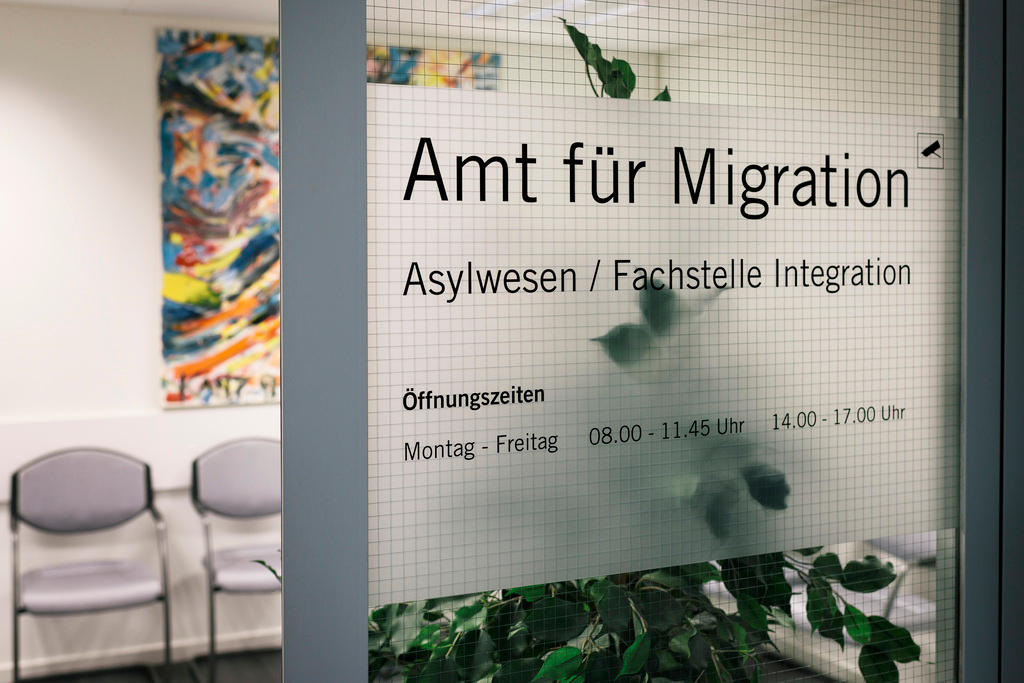Refugee employment bans backfire, research suggests

Countries that make refugees wait before they can attempt to find jobs are burdening society with extra welfare costs and lower tax revenue, according to a Swiss-US academic study.
Researchers at Zurich’s Federal Institute of Technology (ETHZ) and Stanford University in the United States examined groups of refugees who arrived in Germany either side of an easing of restrictions in that country. A German court ruling in 2000 reduced the time refugees must wait before seeking work from 13-24 months to 12 months.
The study revealed a stark difference in the medium-term employment rates of both groups. Only 29% of those who faced a longer employment ban had found work five years after they arrived in Germany. Nearly half of those refugees who only had to wait 12 months were established in the workforce after the same period.
“Extended, involuntary unemployment can be powerfully demoralizing, a phenomenon other studies have called ‘scar effects’,” the study stated. “Facing a much longer wait may have drained the 1999 group of motivation, and when the employment ban finally lifted, that motivation didn’t suddenly snap back into place.”
The study authors estimated that the more severe ban before 2000 had cost Germany around €40 million (CHF45 million, $46.7 million) per year in welfare payments and lost taxes.
The Swiss migration office on Tuesday published the results of its own study that found that many Swiss employers are put off taking on refugees for fear of extra administrative and financial burdens.
The authorities have put together a six-point plan to provide employers with better access to relevant information, improve communication between different parties and to potentially create employment coaches to help refugees into the workforce.

In compliance with the JTI standards
More: SWI swissinfo.ch certified by the Journalism Trust Initiative




You can find an overview of ongoing debates with our journalists here. Please join us!
If you want to start a conversation about a topic raised in this article or want to report factual errors, email us at english@swissinfo.ch.